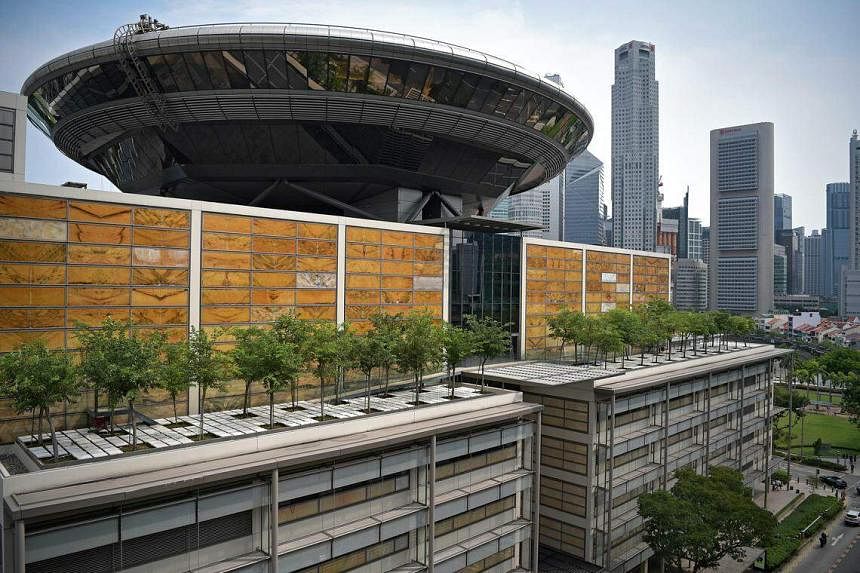SINGAPORE - The High Court has allowed an 84-year-old woman to claim from insurers about $39,000 in government subsidies and grants that was used to foot her medical bills after she was hurt in a traffic accident.
But Madam Eng Beng would also have to make good on her word to return this amount to the public coffers.
On Tuesday, Justice Tan Siong Thye awarded Madam Eng $39,515.08 in special damages, comprising various government subsidies and grants that were deducted from her medical bills.
The judge directed Madam Eng to return this amount, less the legal costs she incurred in pursuing her claim, to the Ministry of Health (MOH). The ministry is free to let her keep the money or use it for other public purposes.
Madam Eng had earlier told the court that if her claim was allowed, she was willing to accept the court’s order that the funds be returned. Justice Tan said her “gracious overture” would completely demolish the insurer’s argument that Madam Eng would have enjoyed double recovery if it paid the sum to her.
On Jan 9, 2020, Madam Eng, then 81, was crossing the road when she was knocked down by a car driven by Mr Lo Kok Jong.
She was hospitalised at Tan Tock Seng Hospital for serious injuries, including a fractured ankle, and was later moved to a community hospital.
In June 2020, Madam Eng, represented by Ms V.M. Vidthiya, filed a negligence suit against Mr Lo.
On July 2, 2022, a deputy registrar awarded Madam Eng damages of $36,348.64, comprising general damages of $18,600 for pain and suffering as well as special damages for medical expenses, transport expenses and medical apparatus.
The deputy registrar, however, refused to award her an additional sum of $39,515.08, which she had claimed as special damages for medical expenses. This sum comprised generic government and Pioneer Generation subsidies, and government grants for community hospital services and medical drugs.
These sums were deducted from her bills and as a result, she paid less than $500 out of pocket.
After her appeal to a district judge was dismissed, she took her case to the High Court.
In his written judgment, Justice Tan noted that generally, if an injured plaintiff has received collateral benefits from parties other than the defendant, this should be taken into account when considering the amount recoverable from the defendant.
There are, however, two exceptions to this rule against double recovery. First, where the injured plaintiff recovers a payout under an insurance policy for which the person has paid the premiums, the insurance monies are not deductible from damages payable.
Second, where the injured plaintiff receives funds from the benevolence of others prompted by sympathy, the donated funds are not deductible from damages payable.
Madam Eng argued that the subsidies and grants could fall within the benevolence exception.
Mr Lo’s insurers argued that the subsidies and grants do not contain the requisite charitable intent, as they were not “prompted by sympathy” but attached systematically to her by virtue of citizenship, age and income level.
Justice Tan said the court cannot ignore the reality that the subsidies and grants are part of schemes that utilise taxpayers’ monies to support the healthcare needs of the population.
He noted that the insurer’s lawyers admitted that it would have been willing to compensate Madam Eng for private hospital medical bills if she had sought treatment at a private hospital.
He said it was ultimately a binary situation – should Madam Eng be able to claim the amount from Mr Lo’s insurers, or should the insurers benefit by being able to pay her a lower sum after the deduction of subsidies and grants?
“The commonsensical answer must be that the Government extended the subsidies and grants amounting to $39,515.08 specifically to the appellant for her enjoyment, and not to relieve the respondent of his liability,” said the judge.
He concluded that subsidies and grants were specifically conferred upon Madam Eng as she had met the stringent criteria, and that they were akin to collateral benefits that fall within the benevolence exception.


